How to Reduce (Or Decrease) Sensitivity of Penis and Glans Naturally?
Evidence Based
All the information in this blog post is accurate, trustworthy, scientifically based and has been written and fact-checked by our experts and doctors.
Our licensed nutritionists and dietitians are committed to being objective, unbiased and honest, presenting all sides of the argument.
This article includes scientific references in brackets, which are clickable links to research papers from reputable academic organizations.

Excessive sensitivity of the penis, particularly the glans (head), can impact a man’s sexual experience by leading to premature ejaculation, discomfort, or pain. While it's a sensitive issue, it's important to know that many men face the same challenge. Approximately 75% of men struggle to control ejaculation at some point in their lives.
Fortunately, various methods can help reduce sensitivity, improve sexual stamina, and enhance overall sexual satisfaction without necessarily requiring medical intervention.
What is Penis Sensitivity?
Penis sensitivity refers to how the nerves in the penis respond to touch and other forms of physical stimulation. The glans, in particular, is highly sensitive due to their dense concentration of nerve endings, making it an essential part of sexual arousal and orgasm. However, when sensitivity becomes excessive, it can result in premature ejaculation, causing frustration and emotional distress for both partners. While some degree of sensitivity is necessary for sexual pleasure, too much can lead to a lack of control during intercourse, reducing overall sexual satisfaction.
On the other hand, insufficient sensitivity can also pose problems, such as difficulty maintaining an erection or reduced sexual pleasure. Striking a balance is key to achieving a satisfying sexual experience.
What are the Main Causes of Penis Sensitivity?
Several factors can contribute to increased penile sensitivity, both physical and psychological:
- Phimosis: A condition where the foreskin is too tight to be retracted over the glans. This can cause irritation and heightened sensitivity. In severe cases, phimosis may require medical treatment, including circumcision.
- Urinary Tract Infections (UTIs): UTIs can cause inflammation and increased sensitivity in the genital region, particularly during urination. Proper diagnosis and antibiotic treatment can resolve the issue.
- Trauma or Injury: Any injury to the penis, whether from rough sexual activity or physical trauma, can cause hypersensitivity or numbness. Recovery time and proper care are crucial in such cases.
- Circumcision: The removal of the foreskin can alter the sensitivity of the glans over time. Studies indicate that while circumcision may slightly change sensation, it doesn’t generally result in long-term hypersensitivity.
- Psychological Factors: Stress, anxiety, and depression can increase physical sensitivity by amplifying emotional responses during sexual activity. Cognitive Behavioral Therapy (CBT) can help manage this.
- Hormonal Imbalances: Low testosterone levels can contribute to issues like hypersensitivity or erectile dysfunction. Hormone therapy may help balance these effects.
Understanding the root cause of penile sensitivity can help in choosing the most effective treatment method.
How to Reduce Penis Sensitivity Naturally?
Following are some of the best ways to reduce penis sensitivity naturally.
1. Numbing Products for Reducing Sensitivity
Numbing products, such as desensitising creams, sprays, and gels, are among the most common solutions to reduce penile and glans sensitivity. These products typically contain mild anaesthetics like benzocaine or lidocaine, which temporarily dull the nerve endings, reducing the intensity of sensation.
A study published in Sexual Medicine Reviews in 2020 demonstrated that topical anesthetics effectively helped men control premature ejaculation by dulling sensitivity before sexual activity.
Application Tips:
- Apply a small amount of numbing cream or spray to the glans or penis before engaging in sexual activity.
- Allow the product to absorb for 10-15 minutes for the best results.
- Always follow the product instructions to avoid overuse, which can cause temporary numbness in both partners.
Desensitizing products offers a convenient and effective solution for men seeking immediate results, but long-term use should be monitored to prevent dependency on the product.
2. Behavioral Techniques to Control Sensitivity
Behavioral techniques are simple but effective methods for reducing penis and glans sensitivity by training the body to manage sexual stimulation. Two common techniques are the Stop-Start Technique and the Squeeze Technique.
Stop-Start Technique:
This method involves stopping sexual stimulation when you feel you're about to ejaculate. Once the sensation diminishes, resume stimulation. Over time, this practice can help increase endurance and control hypersensitivity.
Squeeze Technique:
When nearing climax, gently squeeze the glans (or the base of the penis) to reduce sensitivity and delay ejaculation. This method, when used consistently, can help build greater sexual stamina.
A 2015 study published in the International Journal of Impotence Research found that men who practiced these behavioural techniques experienced a significant reduction in penile sensitivity and increased sexual stamina.
3. Adjusting Masturbation Practices
The way you masturbate can also influence your sensitivity during intercourse. Men who engage in quick or rough masturbation may become overly sensitive during partner sex, as their penis has adapted to intense stimulation.
Suggestions for Adjusting Masturbation Practices:
- Slow Down: Engage in slower, more controlled masturbation to get used to varied levels of stimulation.
- Use Lubrication: Incorporating lubrication can help mimic the sensation of intercourse and reduce friction, which may help desensitise the penis over time.
In 2019, a study in the Journal of Sex Research showed that men who varied their masturbation techniques reported better control over their sexual performance and experienced less sensitivity during intercourse.
4. Wearing Condoms
Wearing condoms during sexual activity is a simple and effective way to reduce penile sensitivity. Condoms act as a barrier between the penis and the stimulating surface, reducing friction and dampening sensation.
Certain condoms, especially those pre-lubricated with desensitizing agents such as benzocaine, can provide additional relief.
5. Cognitive Behavioral Therapy (CBT)
Psychological factors, particularly anxiety and stress, can exacerbate penile sensitivity. Cognitive Behavioral Therapy (CBT) is a therapeutic approach that addresses these psychological issues by helping individuals reframe their thoughts and behaviors around sexual activity.
6. Pelvic Floor Exercises (Kegels)
Strengthening the pelvic floor muscles through exercises like Kegels can improve control over erections and ejaculation. Kegels involve contracting and relaxing the pelvic muscles, which can help men develop greater control over their sexual responses.
7. Mindfulness and Relaxation Techniques
Mindfulness techniques can be highly effective in managing penis sensitivity by shifting the focus away from physical sensations and toward mental and emotional aspects of sexual activity. Mindfulness, combined with relaxation exercises like deep breathing, can help calm the nervous system and reduce the intensity of sensation.
8. Wearing Loose-Fitting Clothing
Tight clothing, especially underwear, can cause friction and irritation, leading to increased sensitivity over time. Opting for loose, breathable fabrics can help reduce friction and allow the skin to breathe, alleviating discomfort.
9. Managing Underlying Health Conditions
Underlying health conditions such as diabetes or skin disorders can cause increased penile sensitivity. Addressing these conditions with the help of a healthcare provider may help reduce sensitivity and improve sexual function. Proper management of such conditions is key to long-term sexual health.
Penis sensitivity can be managed through a combination of behavioral techniques, desensitizing products, and therapy. By addressing both the physical and psychological factors, men can regain control over their sexual experience and enjoy longer-lasting intimacy.
For a quick and effective solution, try Delay Spray from the ForMen brand, which is a highly recommended option to reduce sensitivity and boost stamina in bed. Apply 10-15 minutes before intimacy for extended pleasure. Take control of your performance and elevate your experience today!
FAQ’s
Q) Can coconut oil reduce glans sensitivity?
A) Yes, coconut oil is often used as a natural lubricant and may help reduce friction, which can lead to a decrease in glans sensitivity during sexual activity.
Q) Does tight foreskin affect sensitivity?
A) Yes, tight foreskin, a condition known as phimosis, can lead to increased sensitivity. In some cases, circumcision or other treatments may be necessary to address this issue.
Q) How do I know if my sensitivity is too high?
A) If you experience premature ejaculation, discomfort, or pain during sexual activity, you may have heightened sensitivity. It’s advisable to consult a healthcare provider if these symptoms persist.
Also Read the Articles:
- Lidocaine and Prilocaine Gel Benefits, How to Use, Side Effects
- Delay Spray for Premature Ejaculation: How to Use, Benefits and Side Effects
- Top 11 Best Home Remedies for Premature Ejaculation
- Top 10 Benefits of Condoms
| *** This Article is Written by Swetha Ramala. |
Disclaimer: The information provided on this page is not a substitute for professional medical advice, diagnosis, or treatment. If you have any questions or concerns about your health, please talk to a healthcare professional.
 Evidence Based
Evidence Based

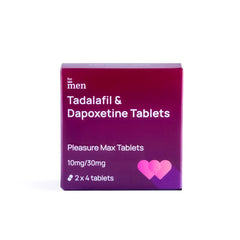
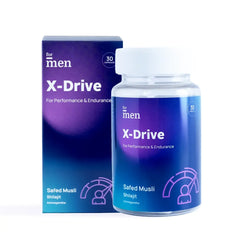
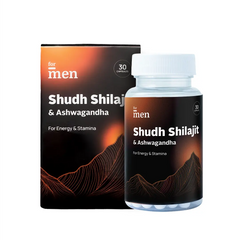

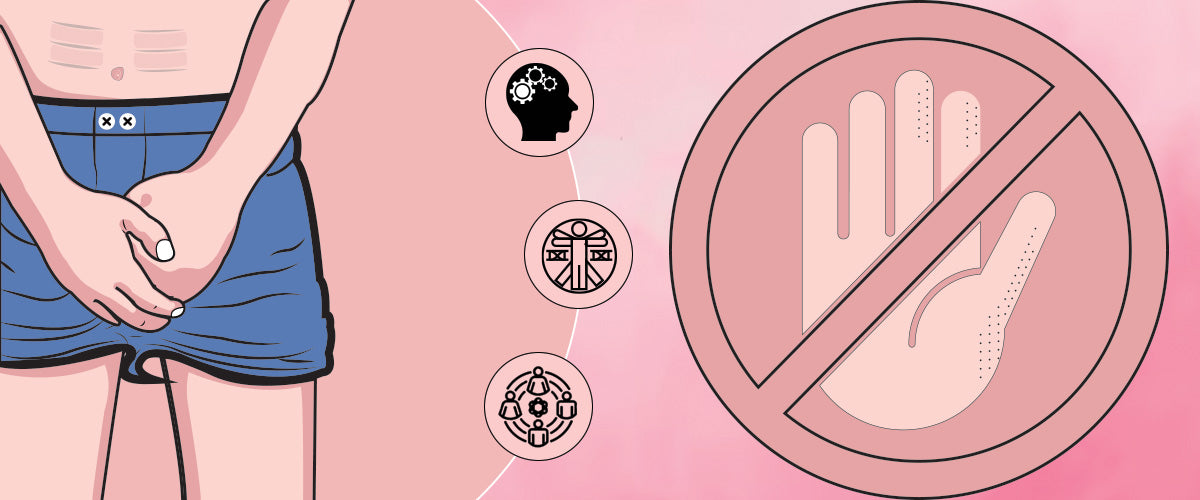
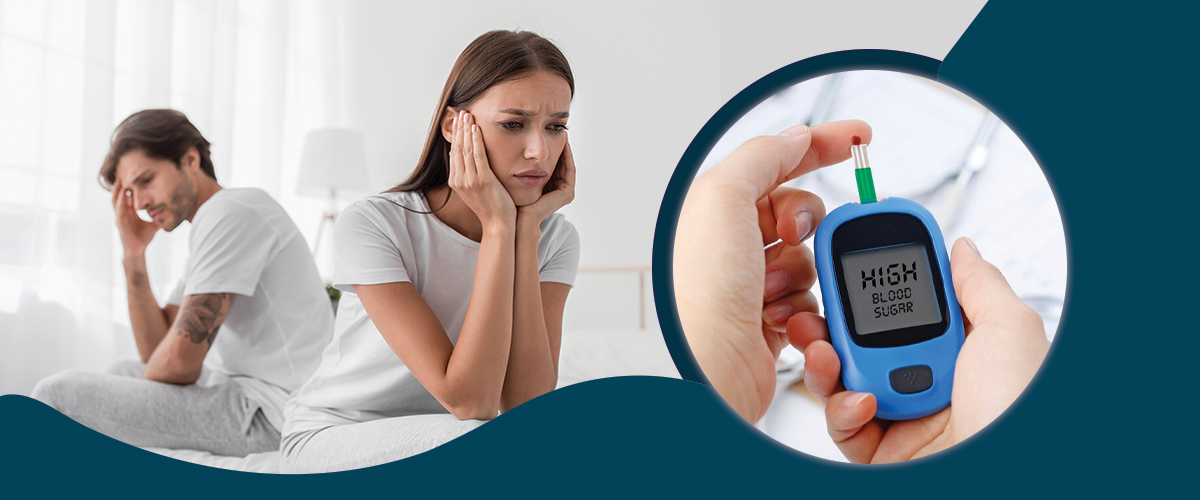
Leave a comment